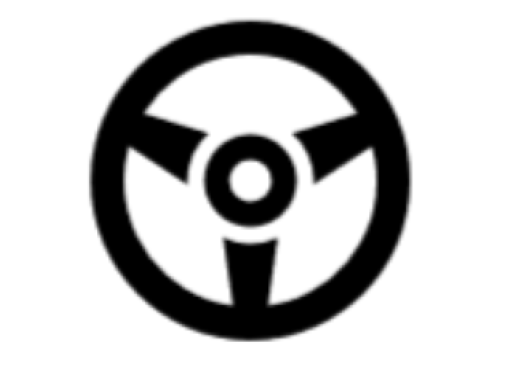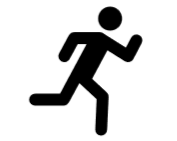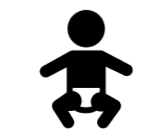Keeping you safe in Cape Town and the Western Cape is a top priority for us. But like many other destinations in the world, Cape Town and the Western Cape have areas that are challenged with the impact of crime.
To counteract this unfortunate occurrence, we continually invest in and work with initiatives such as increased law enforcement deployment, technology expansion and safety awareness at work to provide a safe environment for all.
We want you to leave our beautiful province with nothing but with happy memories. To ensure a pleasurable trip, please keep in mind a few precautions that you can employ on all your travels across the world.

Be careful of cellphone snatchers and pick pocketers when walking on the streets

Don’t allow anyone to distract you or assist you when using an ATM machine



Lock your car doors while driving and keep windows closed at traffic lights and stop streets

Don’t leave valuables such as laptops or bags in visible areas of a car. Always leave your belongings in the boot/ trunk of the vehicle


South Africans call these ‘Robots’. Treat unresponsive or flashing traffic lights as four-way stops. Be careful when crossing an intersection.




Be careful of car-jamming. Always check that the car doors are locked when parked


At night, park in a secure and well-lit area

Consider downloading the Namola or Secura safety apps on your phone before you commence your journey

Remember, in South Africa we drive on the left-hand side of the road

Plan your route beforehand by getting clear directions ahead of day trips. When travelling to and from Cape Town International Airport keep to the N2 even when your GPS suggests a shorter route. The N2 has clear signs directing you to the airport. Avoid Borcherds Quarry Road

Take note of physical obstructions or potholes in the road. In the case of a flat tyre, and if you feel you are in an unsafe area, do not stop but rather drive very slowly until you reach a safe public area such as a filling station

Avoid carrying all your valuables (including your passport) and large sums of cash in your day bag. Deposit your luggage and valuables such as laptops at your hotel or guesthouse before going on excursions

Watch out for pedestrians. Jaywalking is common in South Africa. Be aware of pedestrians, particularly at night

Children under the age of three must by law be buckled up in a properly secure car seat

Don’t drink and drive. The blood/alcohol limit is 0,05g per 100ml of blood

When driving on a roadtrip, stop and rest every two hours or 200km but do so in a safe public area such as a filling station

If you will be off-roading, research your route. Some roads in the Western Cape require 4×4 vehicles. Ask reliable locals for advice on roads or areas to avoid